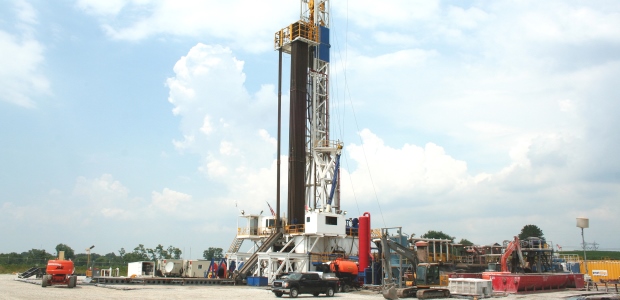
New Database Compiles State Plans' Regulations and Laws
Public Citizen and the Public Health Law Research Program of the Robert Wood Johnson Foundation created the free, publicly available database and unveiled it April 1.
Four weeks before this year's Workers' Memorial Day is observed around the world, Public Citizen and the Public Health Law Research (PLHR) program of the Robert Wood Johnson Foundation have unveiled what they describe as the first comprehensive database of all state occupational safety and health regulations and laws in the 25 states with federally authorized enforcement agencies – known as the state plan states. Users can see whether states have gone beyond the federal OSHA standards and, if so, in which areas: The database is organized the same way OSHA regulations are, in categories of construction, general industry, agriculture, and maritime, as well as oil and gas and mining.
"This database shows that some state OSHA plans have been proactive and issued numerous regulations and laws that are a model for what is possible in other states and at federal OSHA," said Dr. Sammy Almashat, a researcher with Public Citizen's Health Research Group, who created the database along with Keith Wrightson, worker safety advocate with Public Citizen's Congress Watch division, by contacting the state plan offices. They obtained a $50,000 grant from PHLR to conduct the research.
Most of the 25 states have amended or supplemented one or more federal regulations, but there were some surprises in the data, Almashat and Wrightson said during an April 1 briefing for safety trade media. For example, only five states have developed their own OSH standards for the oil and gas industries: Alaska, California, Michigan, Utah, and Wyoming. And seven states (Alaska, Connecticut, Hawaii, Minnesota, New York, Tennessee, and Vermont) have chosen to enforce chemical exposure limits that match some of OSHA's 1989 PELs, which were shot down in July 1992 by an 11th U.S. Circuit Court of Appeals decision.
Four states (California, Michigan, Oregon, and Washington) are responsible for the vast majority of all state occupational safety and health standards, according to the database. They found three states (California, Minnesota, and Washington) have developed standards protecting workers from heat stress and two (California and Utah) have developed standards to prevent combustible dust explosions.
"It's certainly helpful to have a specific set of regulations [for industries such as oil and gas, which are significant actors in some states but not in others]," Almashat said. "It sort of represents the role that state plans were supposed to play," he added, which is creating standards to address a state's own unique industries and companies.